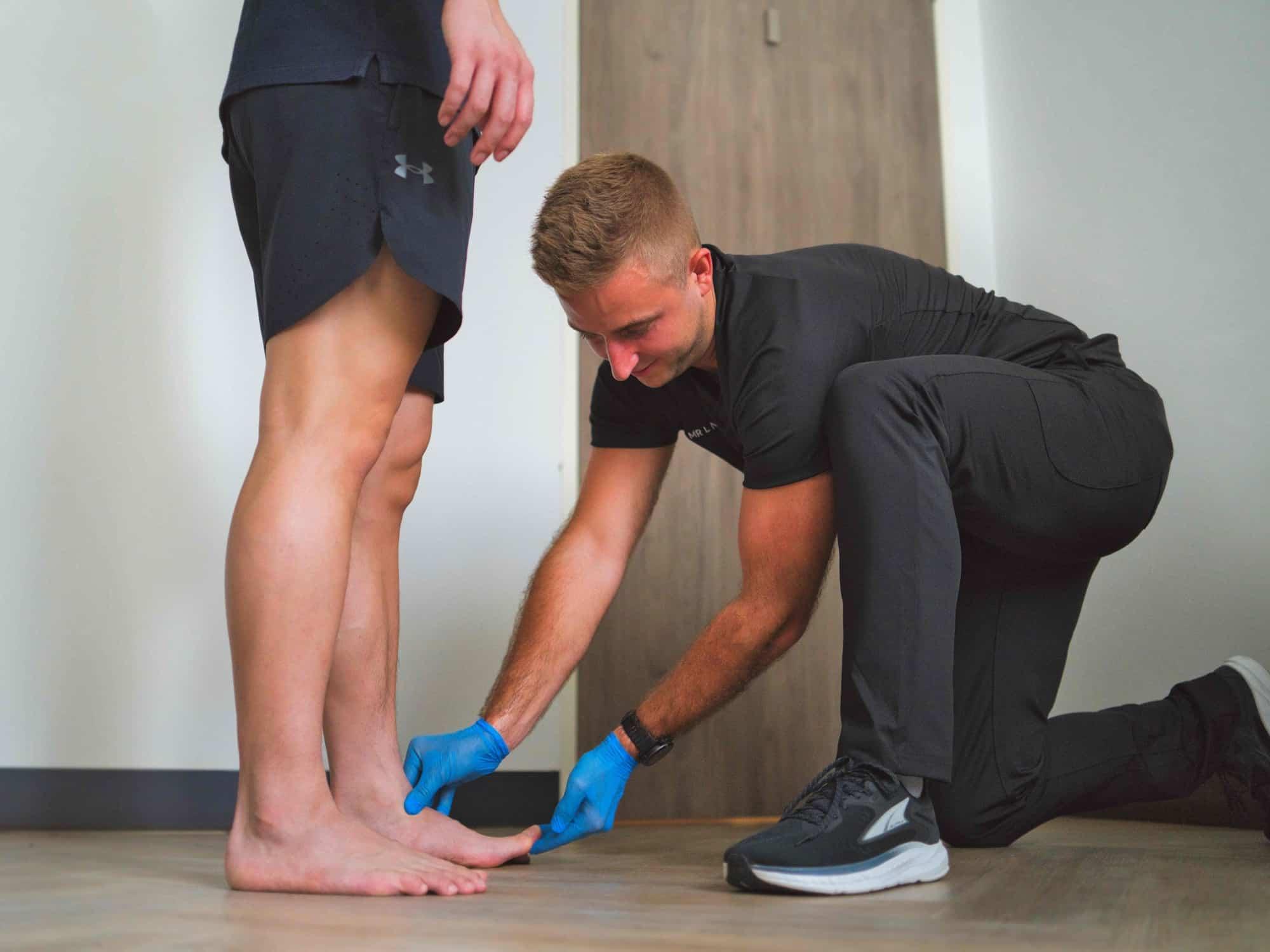
Navigating the aged care sector in Queensland offers a multitude of pathways and opportunities for those eager to make a difference in the lives of the elderly. From foundational certificates to advanced degrees, the options are diverse and tailored to various career aspirations and educational backgrounds. Let’s delve into the array of courses available across the state, designed to equip individuals with the skills and knowledge necessary to thrive in this vital sector.
Master of Nursing
Boost or change your nursing career with an advanced qualification. UQ’s Master of Nursing is designed to give you the skills and confidence to lead and transform healthcare services, delivering the best possible care for patients with complex needs.
Study flexibly from anywhere in the world, with clinical experiences and practical workshops delivered on campus or arranged via the virtual classroom. You’ll be taught by nursing practitioners and researchers who are leaders in their field, both within Australia and internationally.
Whether you’re an undergraduate from another discipline or an experienced nurse looking to specialise, this direct entry program will get you qualified in two years. Using a problem-based learning approach, this course will teach you how to provide high-quality, safe, and effective clinical nursing care in our complex healthcare systems.
Graduate with a master’s degree that can be the stepping stone to a variety of careers in nursing and healthcare including nurse practitioner, clinical nurse specialist, and nurse educator. Depending on your specialty, coursework may include subjects such as the criteria and justification for prescribing different medications and conducting head-to-toe physical examinations.
Designed for registered nurses who have completed a bachelor’s degree in nursing. This pathway takes just six years to complete and is one of the most popular options for postgraduate nursing students. You’ll gain experience in public and private hospitals, aged care facilities, community health, school health, pathology laboratories, and alcohol and drug services.
Certificate III in Aged Care
With a strong demand for workers in the disability and aged care industries, this entry-level course equips you with all the knowledge and skills to make a difference in people’s lives. You will learn to plan empowering activities for clients, assist with daily living tasks, and provide basic health support to elderly residents in residential care settings. You will also complete 120 hours of vocational placement, enabling you to put your learning into practice and gain work experience.
This nationally recognised qualification teaches you how to provide person-centred care and assistance to individuals with ageing issues in residential care facilities, community care, and home support services. It covers topics including working effectively with older people; assisting clients with daily living activities; understanding and respecting clients’ rights, autonomy, and dignity; and communication and teamwork skills. You will also develop an understanding of policy and procedures in aged care; infection control; and occupational health and safety regulations. This course is also available as a traineeship, so you can start your career right away!
Certificate IV in Aged Care
If you’re interested in working in the ageing support industry, this is a great course for you. It provides you with the skills, knowledge, and hands-on experience to work in residential aged care and home and community care settings. You will learn to deliver individualised care and services based on the development, facilitation and review of an individualised client plan. You’ll also have the opportunity to take on supervisory and leadership roles including team leader and support coordinator.
This nationally recognised qualification offers a pathway to a career in aged care and is designed to meet the needs of Australia’s growing ageing population. Our expert instructors will help you develop the person-centred care skills necessary to support the wellbeing of older adults. This includes planning empowering activities, caring for people living with dementia, and providing support services using a palliative approach.
This course is delivered face-to-face and online and includes theory classes, workshops, as well as 150 hours of industry work placement in actual aged care facilities.
Certificate IV in Individual Care
CHC43015 Certificate IV in Individual Care is designed to introduce more advanced concepts associated with the provision of quality aged care services. The course is often used to prepare for supervisory roles and senior care workers and can be completed as a stand-alone qualification or in combination with the Certificate III in Aged Care or Disability.
This level of study is typically undertaken by those who have previous qualifications in the health and social care sectors. However, those without a related background can still benefit from this type of training. In fact, a range of courses are offered at both TAFE and RTO levels that can be tailored for students from non-health and social care backgrounds.
These courses typically run over one or two semesters and combine theory classes with workshops and 120 hours of vocational placement at a relevant care facility. This allows the student to gain hands-on skills in a real-life setting and gives them the opportunity to build their confidence while gaining valuable experience.
In conclusion, navigating the aged care sector in Queensland offers abundant opportunities for individuals passionate about making a difference in the lives of the elderly. From foundational certificates to advanced degrees, there exists a diverse array of courses tailored to various career aspirations and educational backgrounds. Breakthru College locations in Cairns and Townsville offer comprehensive aged care courses, including Certificate III and IV in Aged Care. Their aged care courses in Cairns and Townsville aged care courses equip students with the necessary skills and knowledge to provide person-centered care to individuals in residential care facilities, community care, and home support services.
Additionally, advanced qualifications such as the Master of Nursing from institutions like the University of Queensland provide avenues for career progression and leadership roles within the healthcare sector. With practical workshops, vocational placements, and expert instructors, these courses pave the way for a fulfilling career dedicated to serving the aging population of Queensland.

